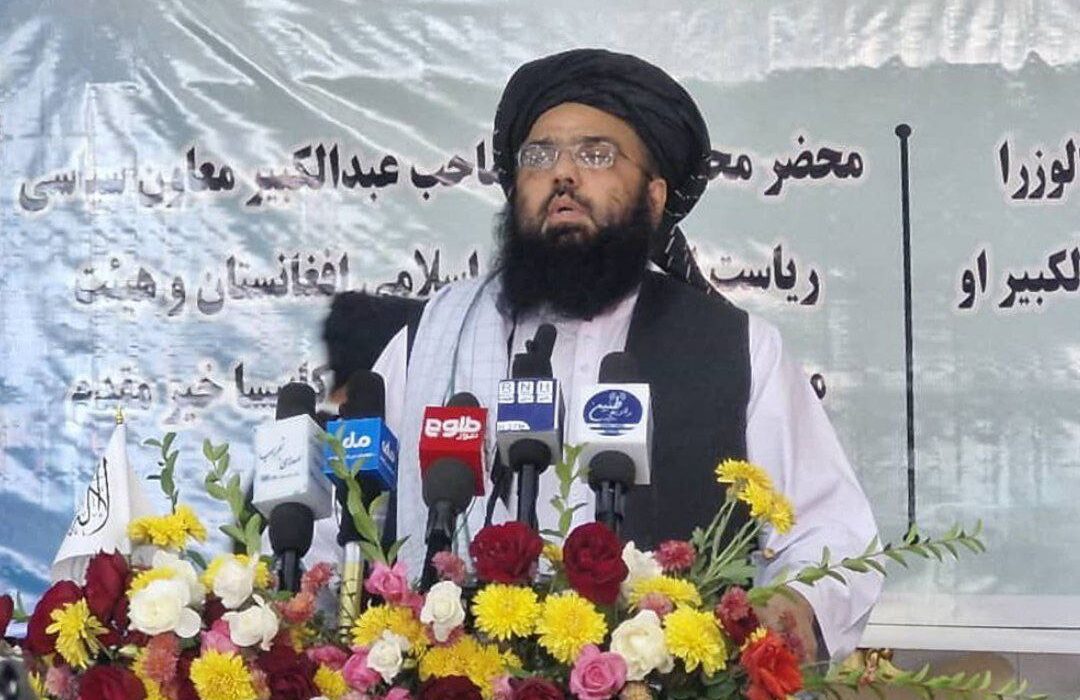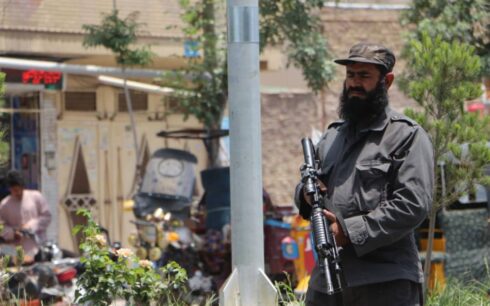KABUL, Afghanistan — Taliban rejected demands they deemed in contravention of Islamic Sharia law during recent talks in Doha, according to Abdul Kabir, the Taliban’s deputy chief minister for political affairs.
Kabir discussed the matter at a gathering in Kapisa Province, which was reported by Taliban-run national television. The report did not provide further details on his remarks.
The discussions in Doha, the most recent held in June, brought together representatives from various countries, though women’s rights activists and civil society members were notably absent.
Key demands from participating nations included the reopening of girls’ schools and the removal of restrictions imposed on women’s and girls’ rights. Requests in Doha meetings, Kabir noted, were not accepted as they were viewed as inconsistent with the Taliban’s interpretation of Sharia law.
Since their return to power, Taliban have barred girls from attending school beyond sixth grade. At the conclusion of the latest Doha session, Taliban spokesperson Zabihullah Mujahid reiterated that the matter of girls’ education remains an “internal issue” of Afghanistan and would be governed by the group’s adherence to Islamic principles.
Global human rights organizations and the United Nations have repeatedly called on the Taliban to reverse these policies and reopen schools for girls. These groups continue to advocate for the lifting of restrictions on women’s rights, which they argue are in violation of international human rights standards. The Taliban, however, have consistently maintained that their policies are aligned with Islamic teachings, resisting calls from the international community for broader freedoms for Afghan women and girls.





